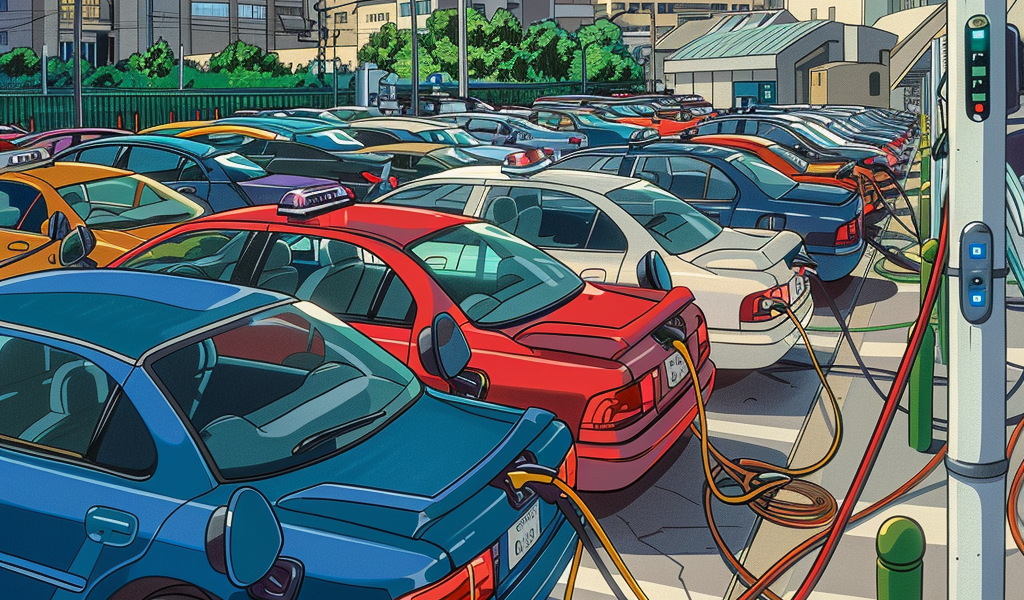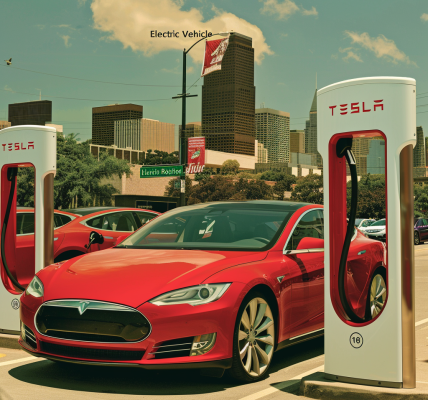Electric grid limitations are proving to be a significant hurdle in the development of electric vehicle (EV) charging stations, as highlighted in a recent survey conducted by Endeavor Business Intelligence and Xendee. According to the survey, 75% of EV charging station developers and operators identify grid limitations as a major obstacle in deploying commercial EV charging infrastructure. This finding underscores the challenges faced by industry players in accessing the necessary power from the grid.
The survey also revealed a growing optimism towards the role of distributed energy resources and microgrids in overcoming grid limitations, with 89% of respondents expressing confidence in these technologies, up from 74% in the previous year.
Xendee, a provider of EV charging and microgrid design services, has observed a trend where many of its clients struggle to secure sufficient energy for their projects. In some cases, developers have resorted to using fossil fuel-powered generators to power their charging stations due to grid constraints.
Michael Stadler, the Chief Technology and Marketing Officer at Xendee, emphasized the persistent challenges faced by EV charging infrastructure developers in obtaining electricity for their projects. Grid limitations emerged as the top concern in Xendee’s survey for the second consecutive year since its inception in 2023.
Stadler pointed out that developers often encounter difficulties in obtaining essential information regarding the grid’s capacity from utilities in a timely manner. Additionally, some regions have experienced electricity price spikes that have rendered EV charging projects economically unviable.
One of the key issues highlighted by Stadler is the disparity between time-of-use rates and power charges, which can significantly impact the operational costs of EV charging stations. He emphasized that if electricity costs surpass those of gasoline, it indicates a fundamental problem in the system.
The challenges related to grid limitations and electricity procurement appear to be widespread among various stakeholders involved in EV charging infrastructure development. The industry is grappling with the need for reliable and affordable power sources to support the growing demand for electric vehicles.





